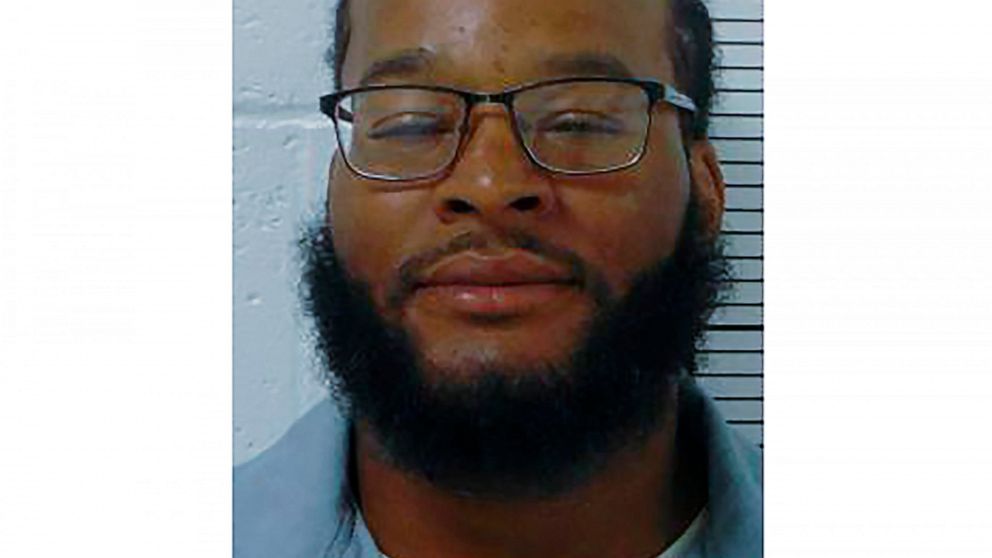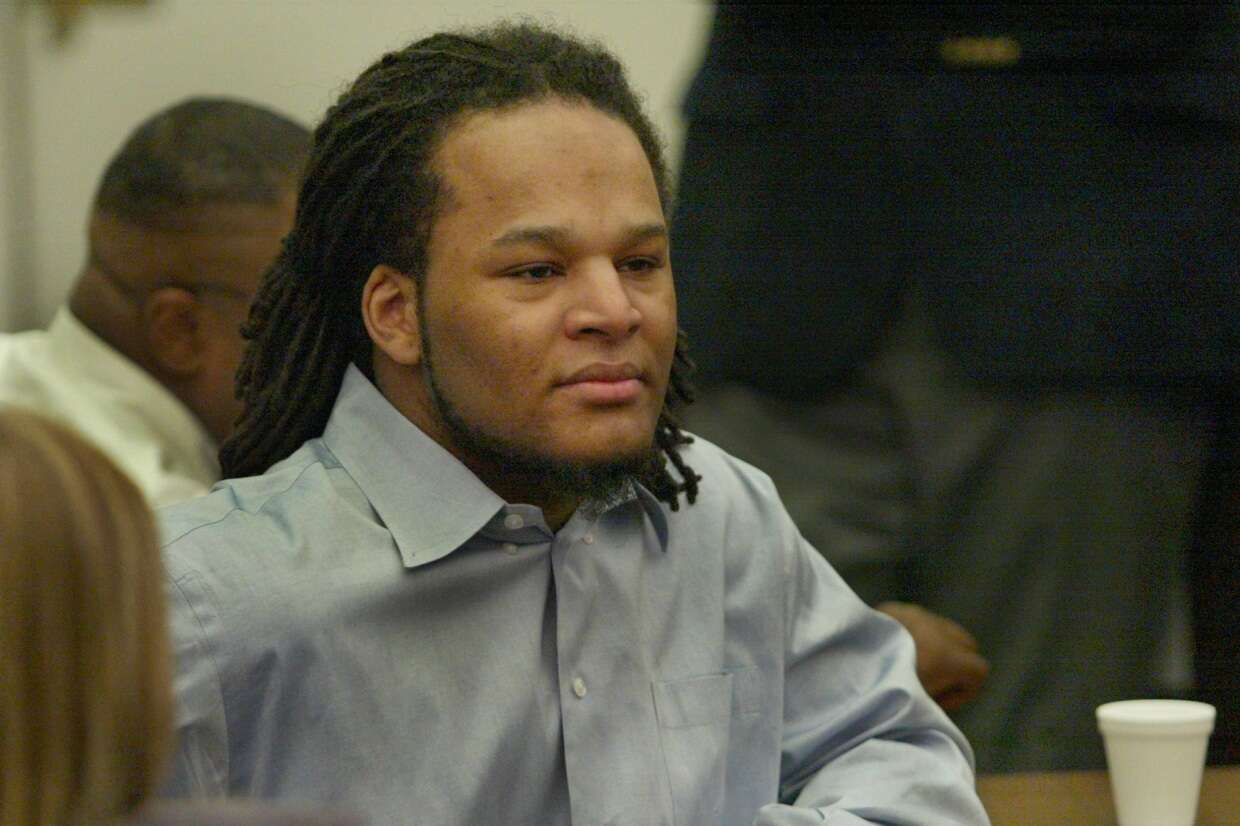A Missouri rule prohibiting anyone under 21 from witnessing an execution has been upheld by a federal judge’s decision to deny a 19-year-old woman’s request to be allowed to observe her father’s death by injection.
For the 2005 murder of William McEntee, a police officer in Kirkwood, Missouri, Kevin Johnson is scheduled to die on Tuesday. Johnson’s attorneys are pursuing appeals to preserve his life.
The American Civil Liberties Union filed an emergency application with a federal court in Kansas City on behalf of his daughter Khorry Ramey, who had asked to be present for the execution.
In a court petition, the ACLU said that the age restriction violated Ramey’s constitutional rights and provided no safety purpose. However, U.S. District Judge Brian C. Wimes decided late on Friday that the statute would not violate Ramey’s constitutional rights.
“I’m heartbroken that I won’t be able to be with my dad in his last moments,” Ramey said in a statement. “My dad is the most important person in my life. He has been there for me my whole life, even though he’s been incarcerated.”
Even while the judge recognized that Ramey might experience emotional pain as a result of the statute, he determined that this was only one factor the court had to take into account and that the law did not infringe upon her constitutional rights.
Ramey claimed that she was pleading with Gov. Michael Parson to pardon her father. Johnson’s attorneys have submitted appeals to stop the execution.
They don’t deny his guilt, but they argue that racism was a factor in both the jury’s decision to sentence him to death and the decision to seek the death penalty. McEntee was white and Johnson is Black.
In addition, Johnson’s attorneys have asked the courts to get involved because of his age (19 at the time of the murder), his history of mental illness, and other factors.
Since the Supreme Court abolished the execution of offenders who were under the age of 18 at the time of their crime in 2005, courts have become less likely to sentence juvenile offenders to death.
The Missouri Attorney General’s Office claimed there were no legal justifications for court action in a court filing to the U.S. Supreme Court.
“The surviving victims of Johnson’s crimes have waited long enough for justice, and every day longer that they must wait is a day they are denied the chance to finally make peace with their loss,” the state petition stated.



